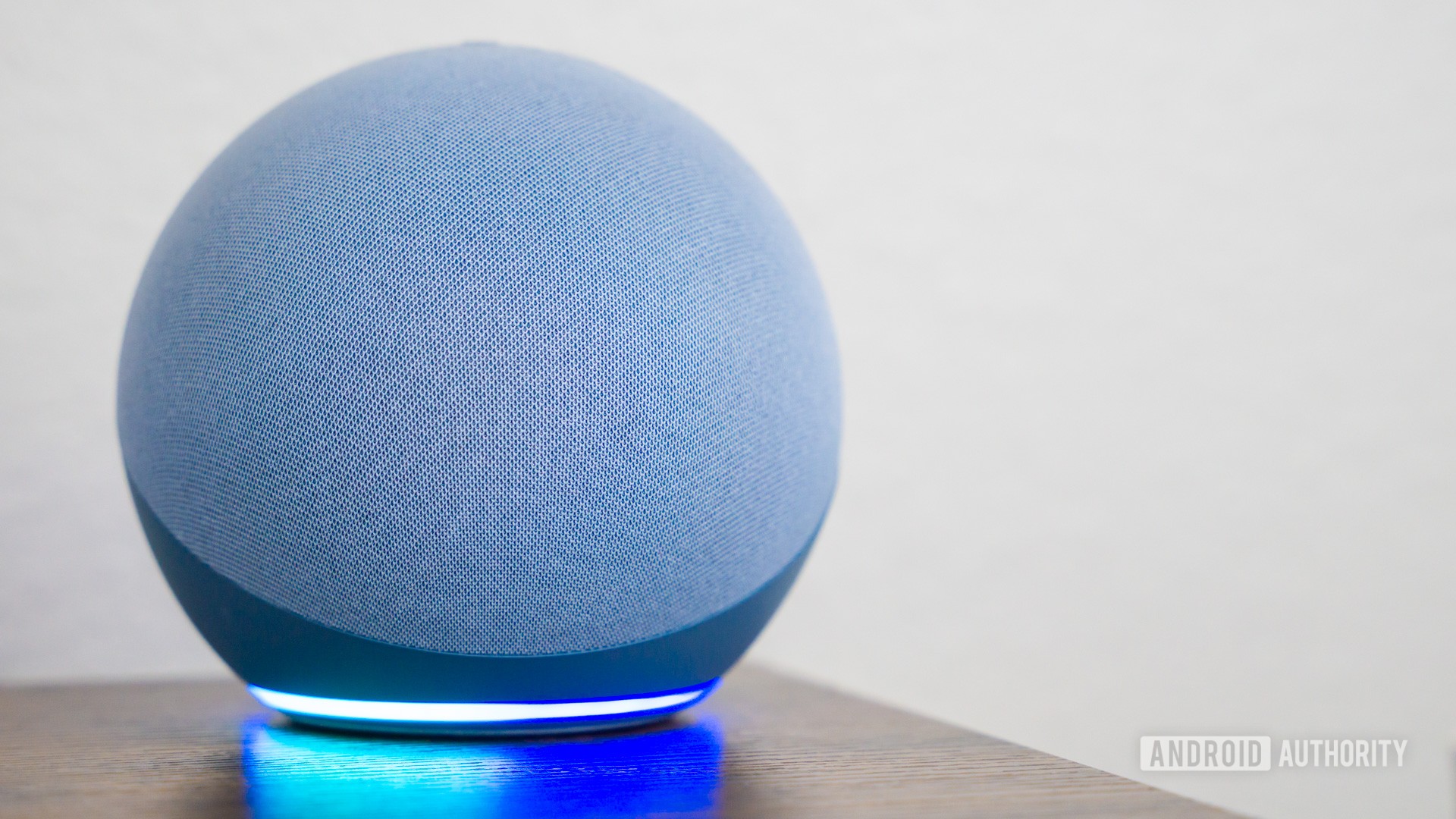As the manufacturing industry advances, ensuring consistent quality is key to staying competitive and maintaining a strong brand reputation. Traditional quality control methods, which rely on human inspections, can be slow and prone to errors. Enter AI for quality control to transform processes by automating inspections, making them faster, more accurate, and more efficient.
Such AI solutions utilize advanced algorithms and machine learning to detect defects and ensure products meet exacting standards. These systems analyze data from sensors and cameras on production lines, identifying imperfections that might escape human inspectors. This automation not only accelerates the inspection processes but also significantly reduces the likelihood of defective products reaching consumers.
As manufacturing processes become more complex, the integration of AI in quality control is not just advantageous but essential. A study by Statista indicates that 59% of manufacturing industry respondents identify quality control as the most important use case for AI. By using AI, manufacturers can achieve higher standards of product quality, reduce waste, and maintain a safe place in the market.
In this blog, we will delve deeper into how AI is transforming quality assurance by exploring its key use cases and the significant benefits it offers to the manufacturing industry. We will also discuss its real-world examples and how Markovate can help you implement such solutions. Let’s begin!
Traditional Methods vs. AI in Quality Control
In traditional manufacturing, quality control often depends on human inspectors. They would manually examine products, looking for defects, or inconsistencies.
While this approach could work for smaller batches or simpler processes, it becomes inefficient and error-prone when dealing with large-scale production or complex products. Also, human inspectors can get tired, have personal opinions, and have too many items to check.
On the other hand, by integrating AI into quality control processes, manufacturing industries can automate the inspection process, thus making it faster, more accurate, and scalable. AI systems backed by machine learning and computer vision are capable of analyzing products at a speed and accuracy that is much better than human capability in various aspects
These systems can find even the smallest issues that humans might miss, thus guaranteeing every product is up to standard. Also, AI can work all the time without needing breaks, which helps keep things running smoothly and increases the productivity of the industry.
Also, AI can process huge amounts of data and learn from past inspections or feedback, which helps it improve over time. It can adjust to new product changes and improve its accuracy with regular feedback. This gives manufacturers more flexibility and accuracy than traditional methods.
In short, while old methods still have their use, AI is quickly making its way when it comes to producing high-quality output. Let’s further read about important use cases of AI for quality control.
How AI for Quality Control is Applied in Manufacturing: Key Use Cases
Below are some important applications of AI in quality control and inspection in manufacturing industries:
1. Automated Visual Inspection
AI-based machine vision systems are transforming product inspection by replacing manual processes with automated and high-speed analysis. Cameras and sensors capture detailed images of products as they move through production lines, while AI algorithms detect defects like cracks, dents, or surface inconsistencies with great accuracy.
This approach is particularly valuable in industries where visual appeal and flawless finishes are important. Such AI-based automated systems not only improve accuracy but also reduce inspection times. This enables manufacturers to maintain high output without compromising quality.
2. Predictive Maintenance for Equipment Reliability
AI-based predictive maintenance monitors the health and performance of manufacturing equipment in real-time. By analyzing data from sensors and operational metrics, these systems detect early warning signs of any equipment malfunctions or wear.
Thus, such solutions enable maintenance interventions based on quick AI insights to prevent costly downtime and safeguard product quality. This ensures machinery operates efficiently and consistently.
3. Statistical Process Control & Optimization
AI has enhanced Statistical Process Control (SPC) to automate the analysis of production data. Through continuous monitoring, AI identifies trends, changes, and potential inefficiencies within manufacturing processes.
AI-based real-time alerts allow operators to make timely adjustments, preventing defects and optimizing efficiency. This data-based approach helps manufacturers reduce waste, simplify operations, and maintain consistent quality.
4. Accuracy Measurement & Quality Assurance
Achieving dimensional accuracy is a cornerstone of manufacturing quality. AI for quality control solutions equipped with advanced vision technology excels at measuring critical product dimensions with great accuracy. These systems help ensure compliance with strict standards, thus reducing the chance of errors caused by incorrect measurements.
The Impact of AI for Quality Control in Manufacturing Processes: Key Benefits
The adoption of AI in quality control has brought major changes to the manufacturing industry. Here are some of the key advantages:
1. Enhanced Accuracy and Reliability
AI eliminates human errors by automating assessments and identifying defects with accuracy. It makes sure products meet quality standards consistently by detecting even the slightest differences. This results in better product quality, increased customer satisfaction, and reduced costs from rework.
2. Better Efficiency and Productivity
By automating time-consuming tasks, AI speeds up inspections and processes large amounts of data in real-time. High-speed systems inspect products much quicker than humans, thus keeping up with quick production lines while reducing manual involvement. This improves efficiency and productivity which helps in accelerating time-to-market.
3. Continuous Learning and Improvement
AI systems adapt and advance by learning from each inspection, thus improving accuracy over time. They smoothly adjust to changes in product designs or materials without manual intervention. This dynamic ability ensures consistent quality in growing manufacturing environments.
4. Waste and Costs Reduction
AI identifies defects early which helps in reducing waste from defective products and reducing rework or scrap. It optimizes raw material usage and ensures efficient equipment operation to prevent costly breakdowns. This not only reduces costs but also cuts down on waste.
5. Enhanced Decision-Making Capabilities
AI provides real-time data and actionable insight. This empowers manufacturers to make faster and more informed decisions. These insights optimize quality processes, improve operations, and drive continuous enhancements in product standards.
While AI offers better quality control, it’s important to consider the challenges of its implementation. Understanding both the benefits and potential issues is key to successfully integrating AI into manufacturing processes.
Challenges and Key Considerations: AI for Quality Control
Despite the significant benefits of AI for quality control, there are a few challenges that manufacturers need to consider. One major consideration is the need for accurate, high-quality data to train AI solutions effectively. Without proper data, the AI solutions may not perform at their best.
Another challenge is the integration of AI into current manufacturing processes, which often requires system upgrades and training for employees.
Lastly, ensuring the security of manufacturing data is more important than anything, as AI systems can process large amounts of sensitive information.
Addressing these issues is essential for a smooth and successful AI adoption. To handle this, you should consider taking experts’ help. That is where Markovate can help you; let’s check!
How Can Markovate Help Implement AI for Quality Control Solutions?
Markovate offers custom AI development services to reshape quality control processes in manufacturing. Here’s how we support your journey toward AI-based excellence:
1. Customized AI Solutions for Quality Assurance
We design and develop AI systems personalized to your specific quality control needs. This enables accurate defect detection and process optimization. We develop AI solutions that ensure compliance with quality standards while improving overall efficiency.
2. Seamless Integration with Manufacturing Systems
We design AI solutions that integrate effortlessly with your existing production and inspection systems. This real-time connectivity enhances workflow and ensures smooth communication across departments.
3. Data Security and Privacy
We prioritize protecting sensitive production data by developing AI systems that follow strict security and compliance standards. This protects your operations and builds trust.
4. Scalable and Cost-Effective Solutions
We develop scalable AI systems that grow alongside your business to optimize quality control processes while reducing operational costs. This helps maintain long-term value as your manufacturing needs change.
With Markovate’s custom approach, businesses can smoothly integrate AI into their quality control processes. Now, let’s look at some real-world examples to see how this technology is making a significant impact in the industry.
Real-World Examples: AI for Quality Control
Many industries are already using AI solutions to advance their quality control processes. From automating inspections to predicting equipment failures, AI is proving to be a great asset in manufacturing settings.
1. BMW Group’s AI-based Inspection
BMW leverages AI for real-time image recognition to ensure components meet strict quality standards. By comparing images in milliseconds, AI identifies deviations and ensures accuracy in assembly. Employees use mobile cameras to capture images, which train neural networks to evaluate quality without human intervention.
2. Intel’s AI-Powered In-Line Inspection
Intel uses AI-integrated computer vision to detect microscopic defects during chip fabrication. High-resolution cameras and machine learning models analyze images in real-time, further identifying issues early to reduce waste. This system prevents defects and saves up to $2 million annually by minimizing scrap and improving efficiency.
Summing Up: AI as a Future of Quality Control
In conclusion, AI is changing quality control in manufacturing by introducing automation, predictive maintenance, and advanced process optimization. By using AI algorithms, manufacturers can identify defects more accurately, simplify production workflows, and have a consistent level of product quality.
Although challenges such as data quality and system integration need to be considered, the advantages of AI for quality control far outweigh such issues. As technology advances, AI will become a key part of manufacturing, enhancing innovation, improving efficiency, and helping manufacturers beat the competition easily.
Have questions or want to learn more about how AI can enhance your quality control processes? Contact us and start your AI journey with Markovate!





















Discussion about this post